15 GPTs for Dietary Research Powered by AI for Free of 2026
AI GPTs for Dietary Research are advanced tools that leverage the power of Generative Pre-trained Transformers (GPTs) to provide specialized support and solutions in the field of dietary studies. These tools are engineered to analyze, interpret, and provide insights on various dietary data, trends, and research findings. By utilizing natural language processing and machine learning, they offer personalized recommendations, dietary analysis, and nutritional advice. Their significance lies in their ability to process vast amounts of dietary data, making them invaluable for researchers, dietitians, and individuals looking to enhance their dietary habits or understand nutritional information more deeply.
Top 10 GPTs for Dietary Research are: Nutrition Advisor,栄養はええよー,VitaBio Combinator,🥦✨ Low-FODMAP Meal Guide 🍇📘,Ingredient Analyst,NutriVision,Diet Decoder,Aging Advisor,NutrtionGPTFromWellnessCompass,🌱 NutriBotanist Advisor 🍏
Nutrition Advisor
Empowering Your Diet with AI-driven Nutrition Knowledge
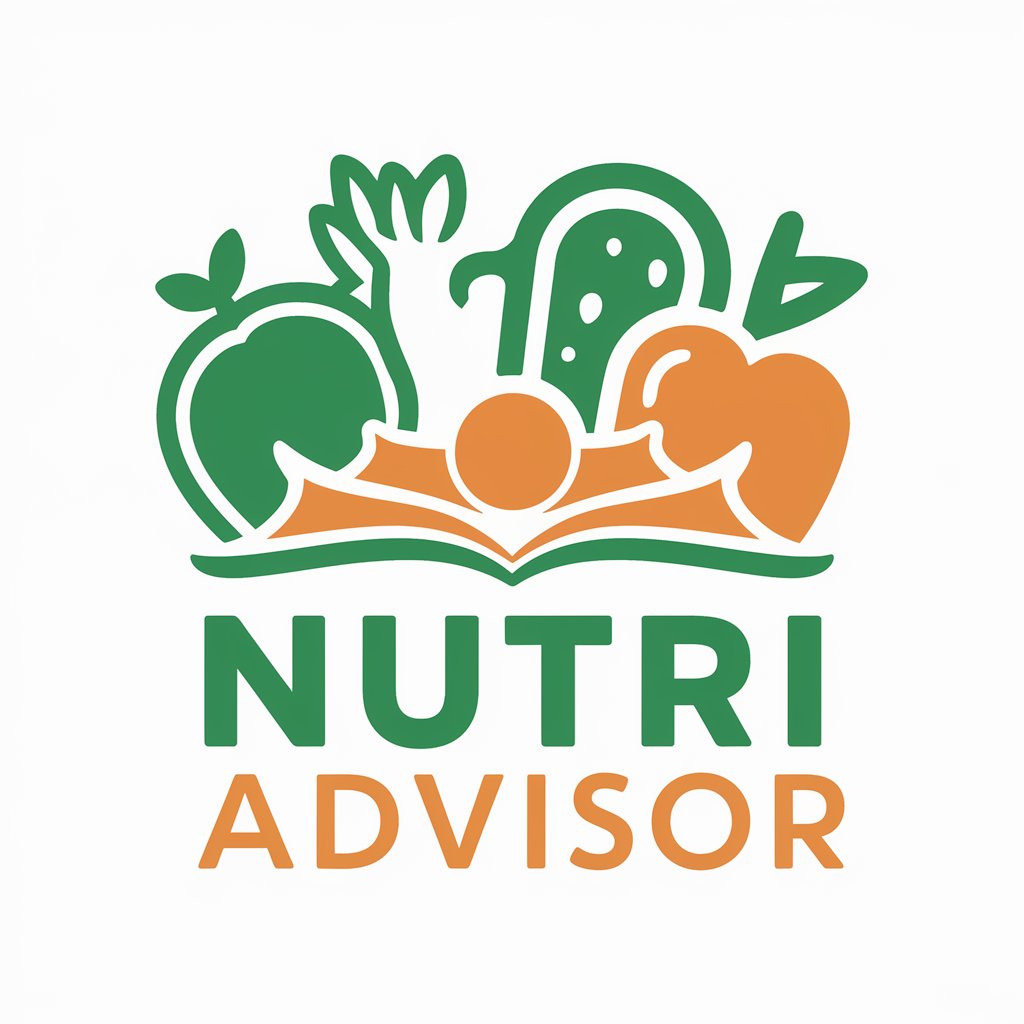
栄養はええよー
Discover Your Meal's Nutritional Story
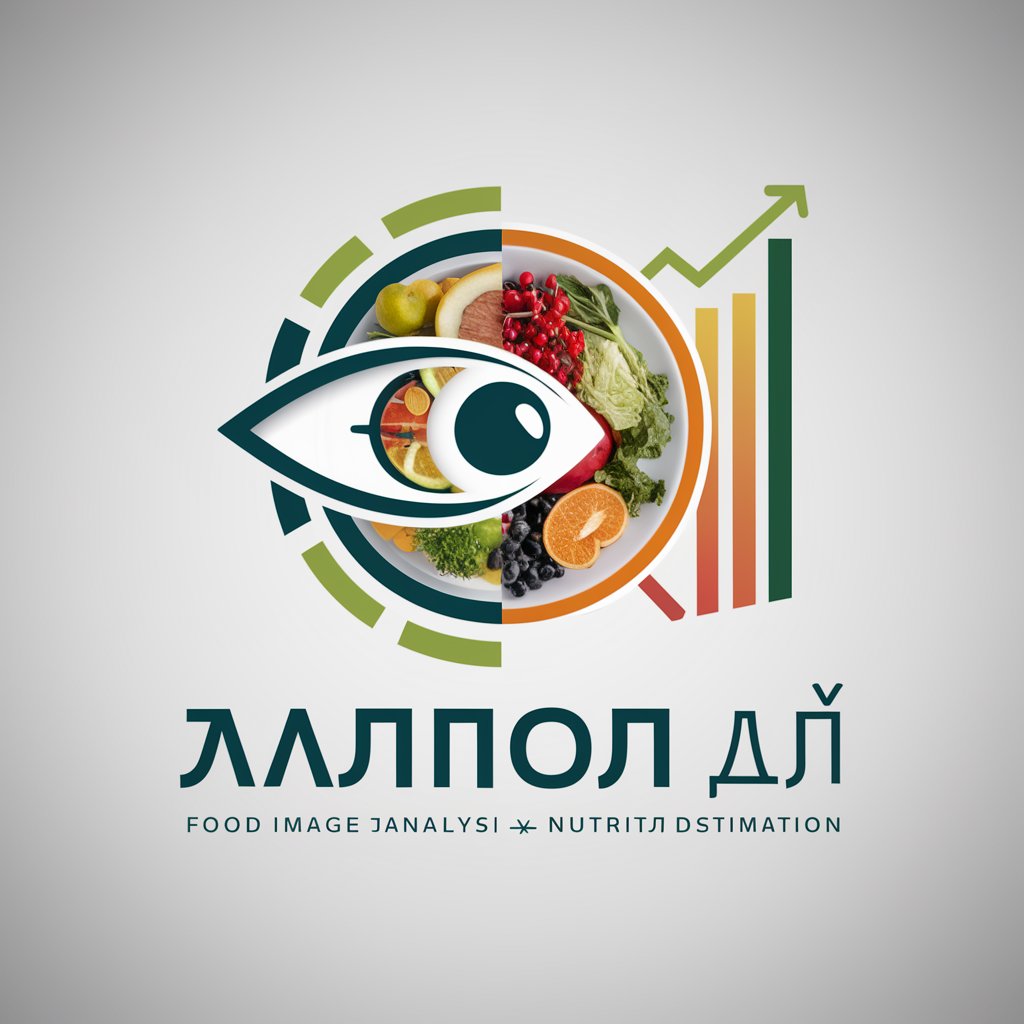
VitaBio Combinator
Empowering Nutritional Decisions with AI
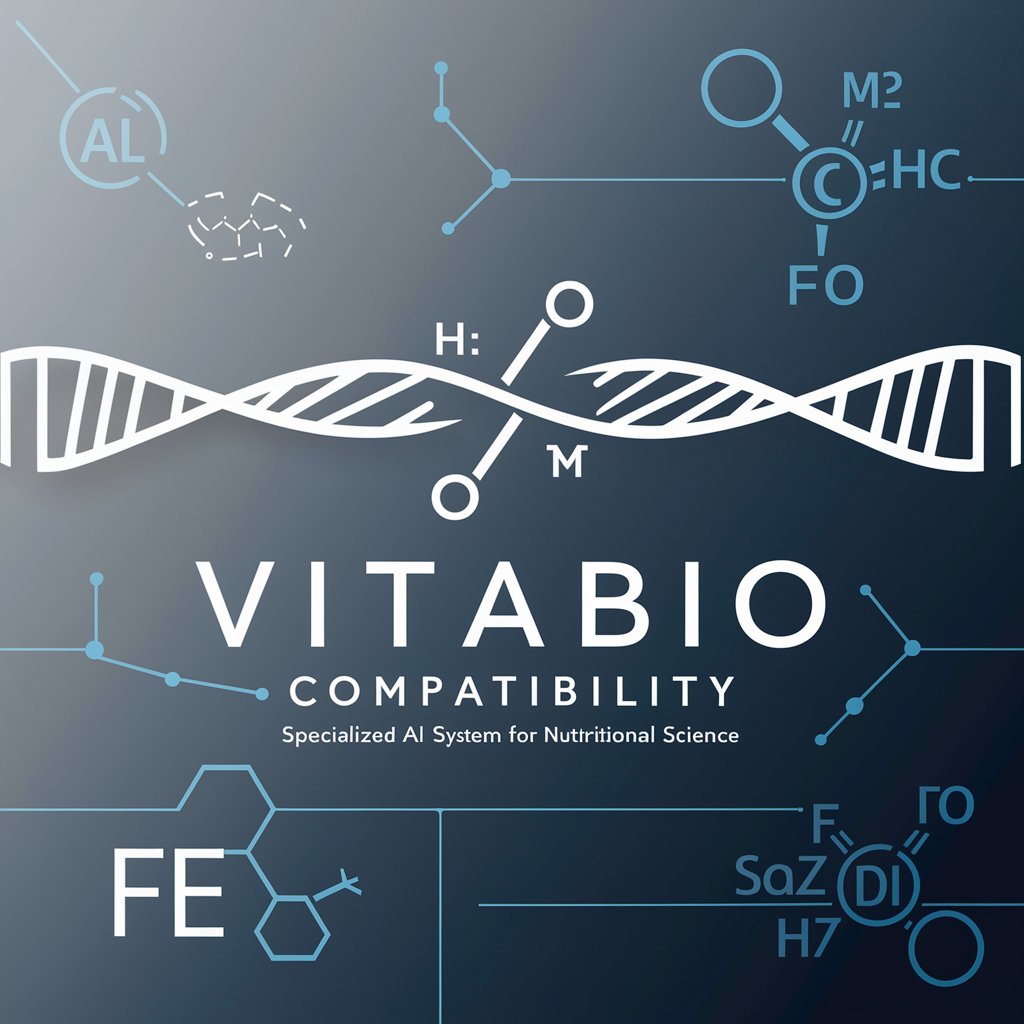
🥦✨ Low-FODMAP Meal Guide 🍇📘
AI-powered Low-FODMAP Diet Companion
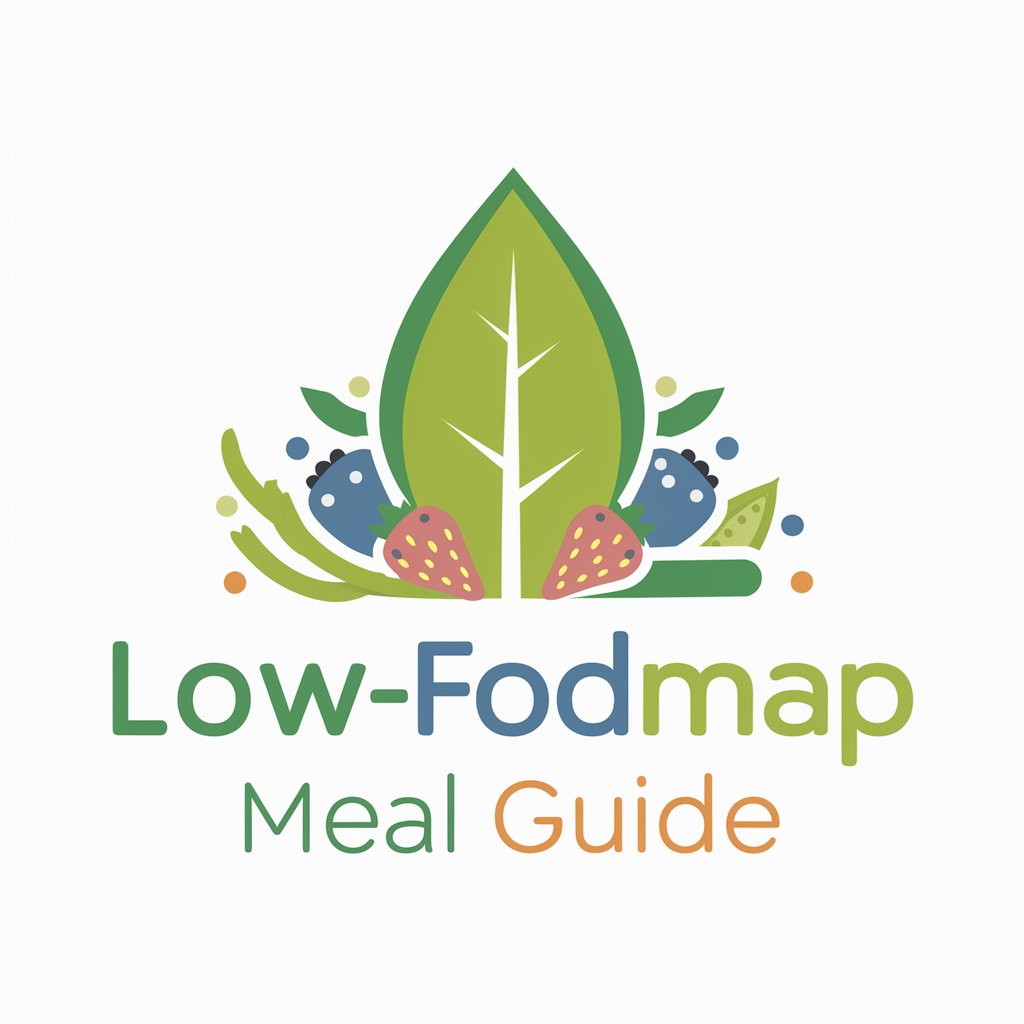
Ingredient Analyst
Unlock the secrets of your food with AI-powered analysis.
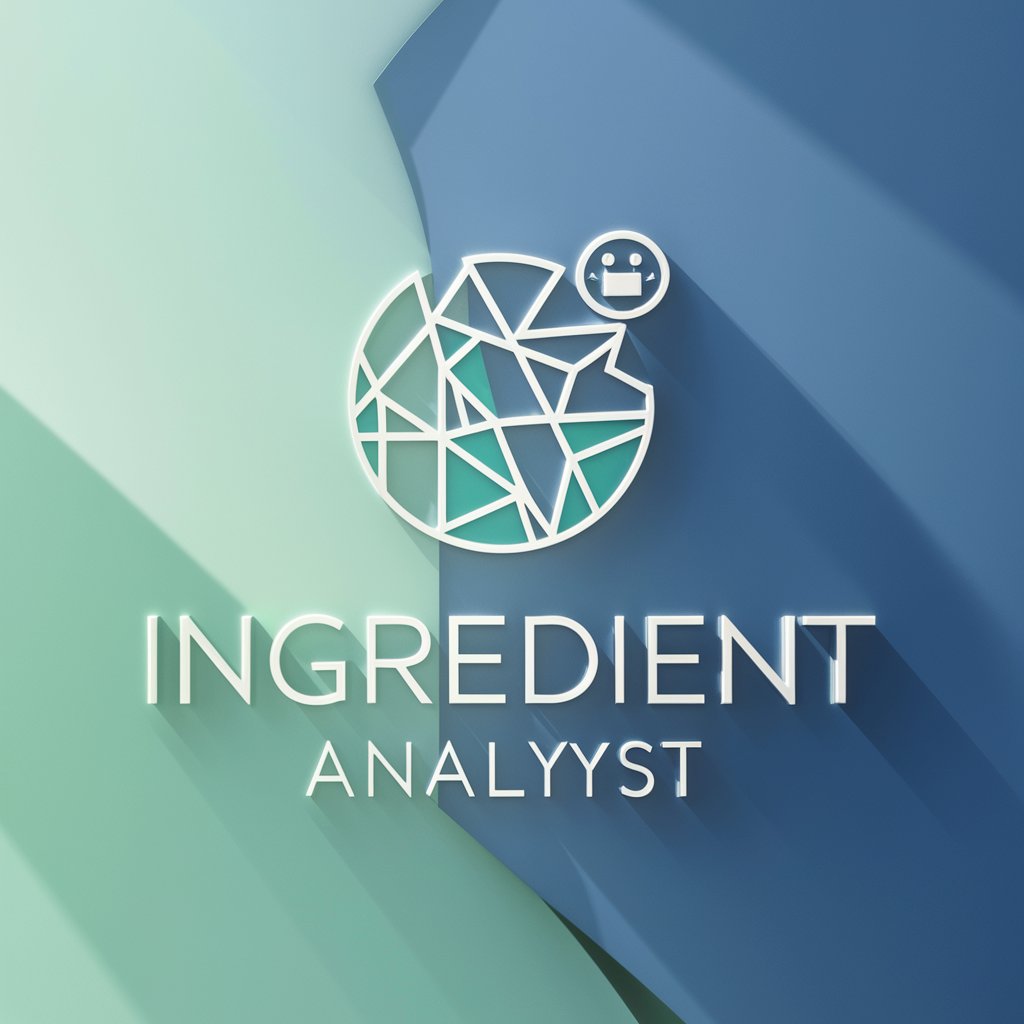
NutriVision
AI-powered Nutritional Intelligence

Diet Decoder
Unveil Your Meal's Nutrients with AI

Aging Advisor
Empowering dietary choices for healthy aging with AI.

NutrtionGPTFromWellnessCompass
Unlock the power of nutrition with AI.
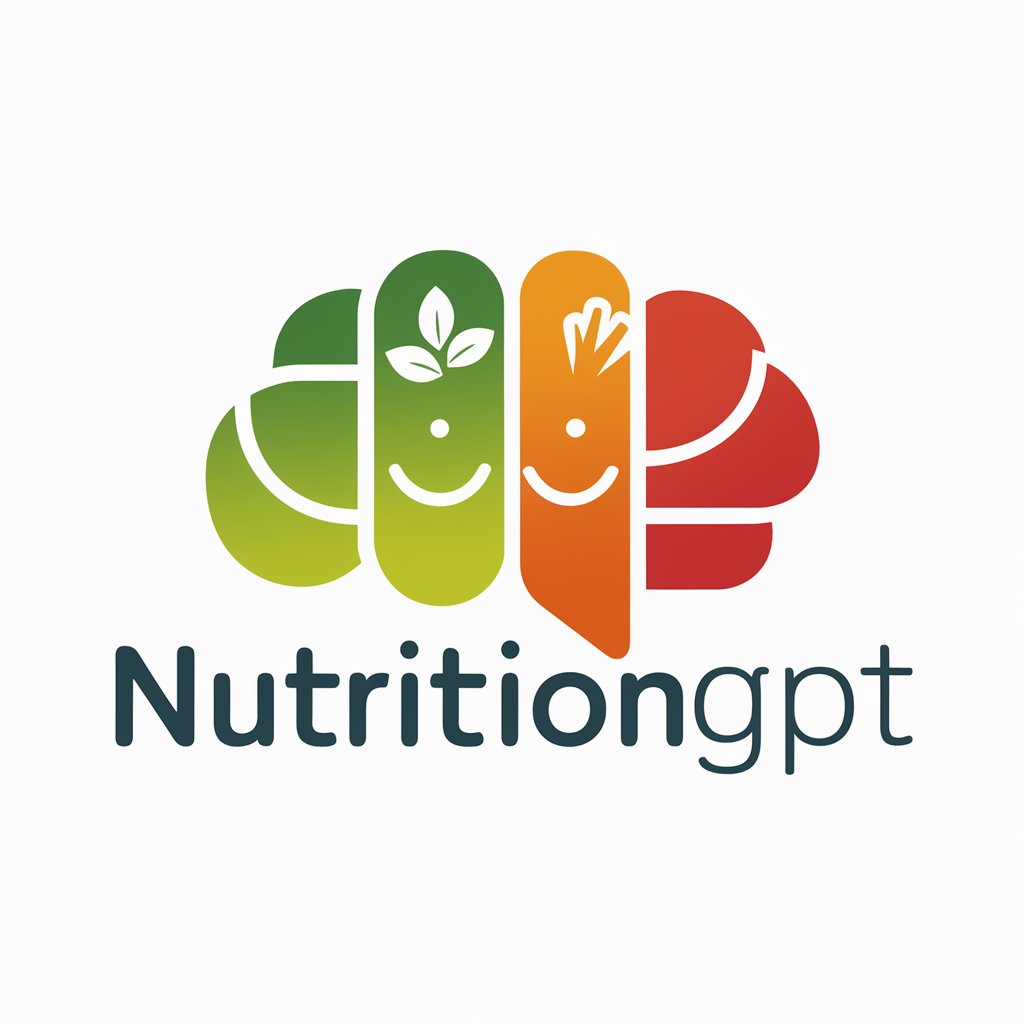
🌱 NutriBotanist Advisor 🍏
Empowering Plant-Based Living with AI
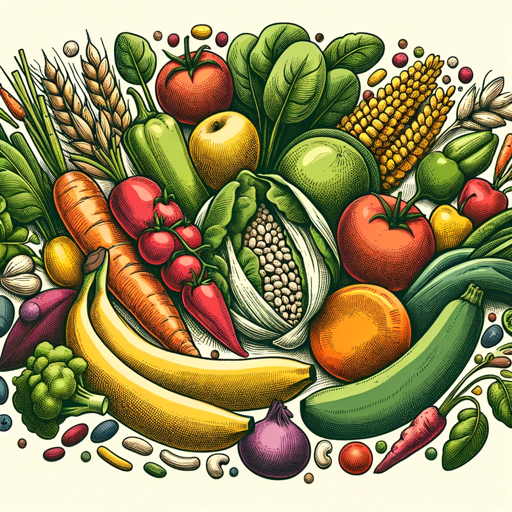
Nutrition Helper
AI-Powered Calorie Tracking Made Easy
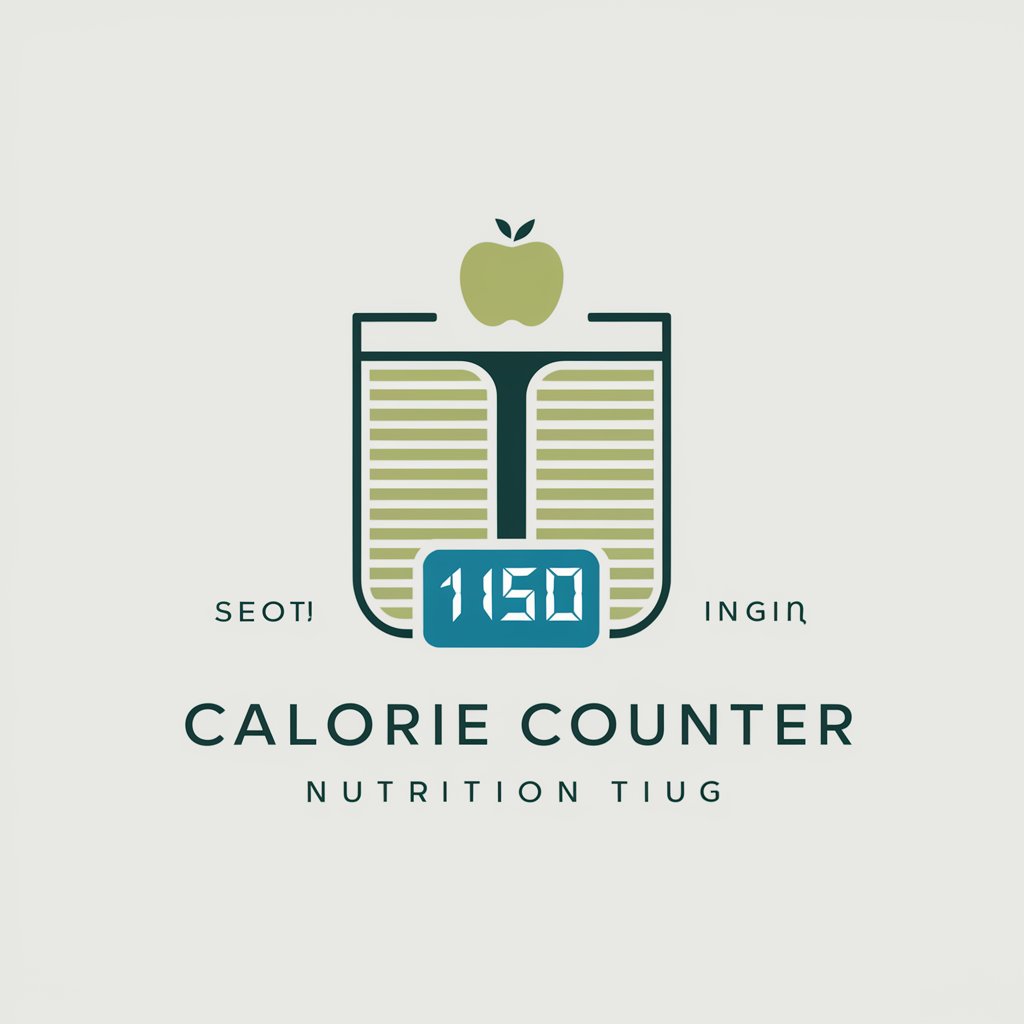
Supplement
Empowering Your Wellness Journey with AI
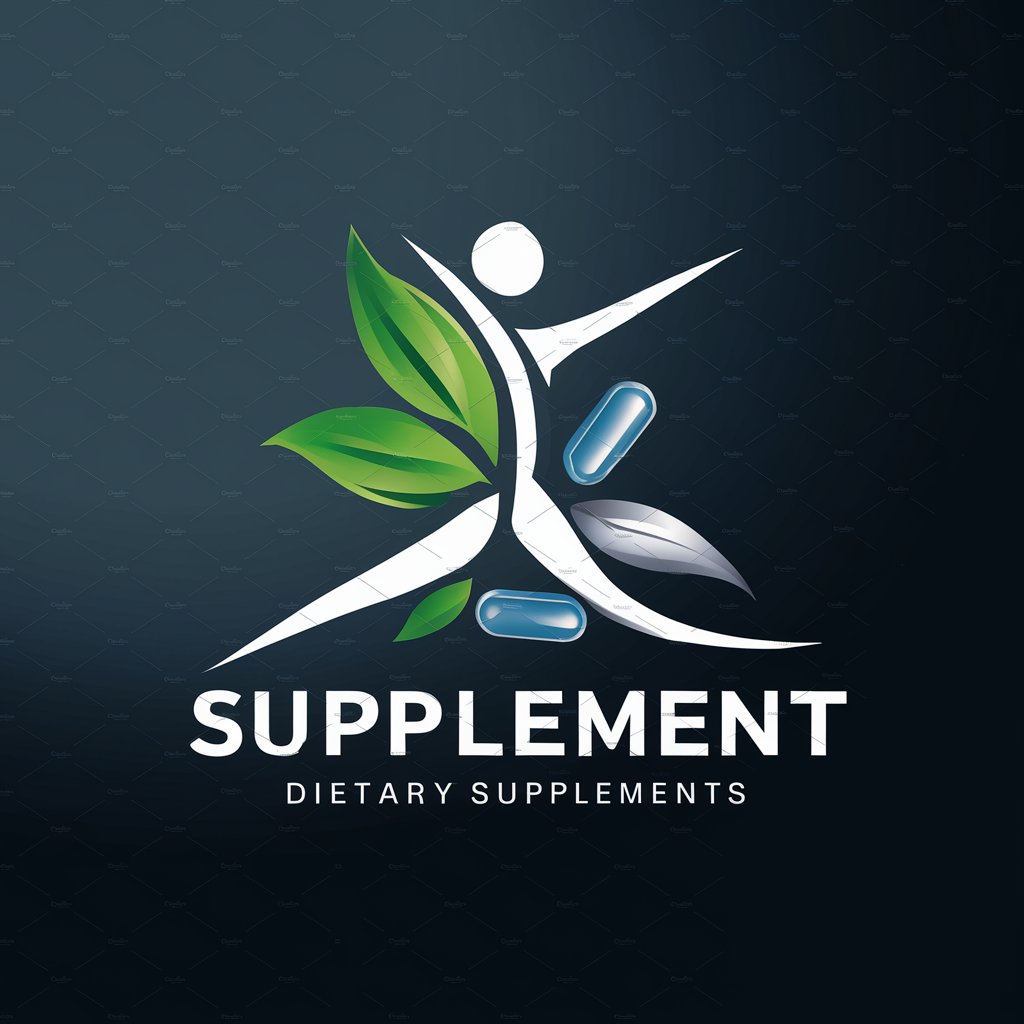
NutritionistGPT
Empowering Your Diet with AI
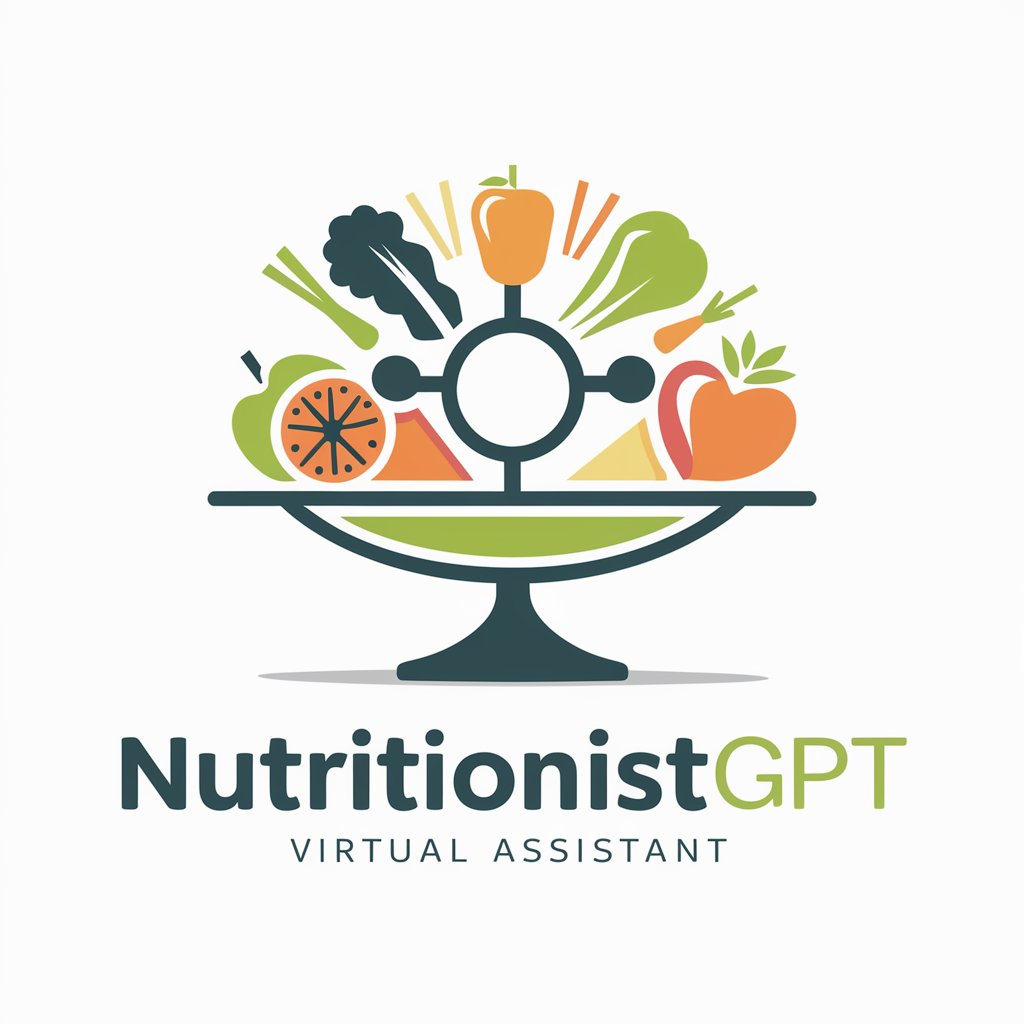
🍏 NutriGuide Botanical Expert 🥗
Empowering your dietary journey with AI.

竹文診所保健諮詢
Your AI-powered guide to health supplements
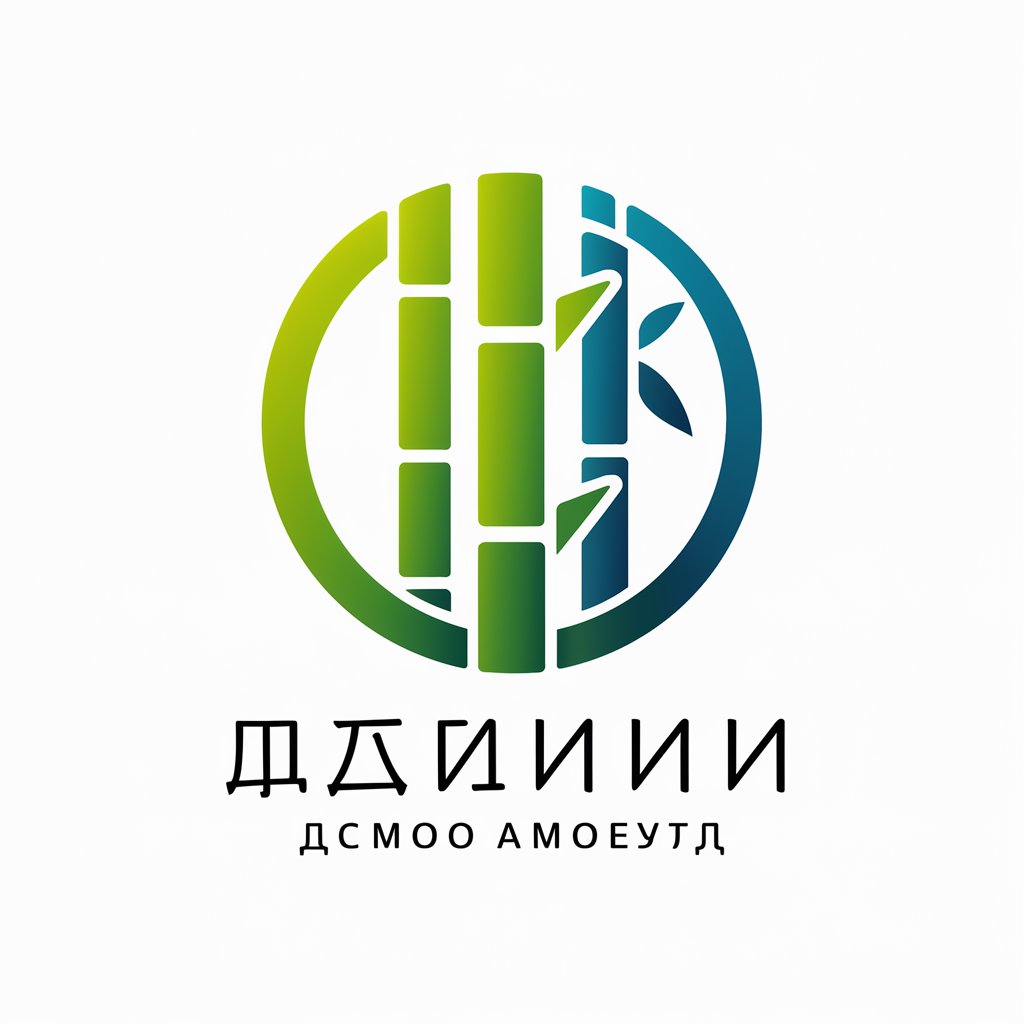
Essential Attributes of Dietary AI GPT Tools
AI GPTs for Dietary Research come equipped with a range of unique features tailored to the dietary research domain. These include advanced natural language processing capabilities for analyzing dietary data, machine learning algorithms for predicting dietary trends, and the ability to generate detailed nutritional reports. Moreover, they offer personalized dietary recommendations based on individual health data, support for multiple languages to cater to a global audience, and technical support for integrating these tools into existing dietary research frameworks. Their adaptability ranges from simple dietary tracking to complex nutritional analysis, making them versatile tools in dietary science.
Who Benefits from Dietary AI GPTs
The primary beneficiaries of AI GPTs for Dietary Research include dietitians, nutritionists, health researchers, and anyone with a keen interest in dietary studies. These tools are designed to be user-friendly, making them accessible to novices without coding skills, while also offering advanced customization options for developers and professionals in the field. This broad accessibility ensures that a wide range of users can leverage these AI tools to enhance their dietary research and personal nutrition understanding.
Try Our other AI GPTs tools for Free
Software Licensing
Discover how AI GPTs transform software licensing with automated compliance, customized agreements, and intelligent management solutions.
Employment Contracts
Discover how AI GPTs for Employment Contracts streamline the creation, analysis, and management of legal agreements, offering tailored, efficient, and compliant solutions.
Service Level Agreements
Discover how AI GPTs enhance Service Level Agreement management with smart automation, legal compliance, and customizable tools for all user levels.
Data Privacy Compliance
Explore AI GPT tools tailored for Data Privacy Compliance, offering customized solutions to navigate the complexities of data protection laws. Ideal for professionals and novices alike.
Ceremony Planning
Discover how AI GPTs revolutionize ceremony planning with personalized, efficient, and creative solutions. Perfect for planners and individuals alike.
Research Papers
Explore AI GPT tools designed for research papers, offering customized solutions for writing, analysis, and data visualization to streamline and enhance academic research.
Extended Perspectives on Dietary AI
AI GPTs for Dietary Research not only offer immediate solutions like dietary analysis and recommendations but also pave the way for future innovations in nutritional science. Their capacity to learn from new data and improve over time means that these tools will become increasingly sophisticated, offering more accurate and personalized dietary insights. Furthermore, their integration into health platforms can lead to a more holistic approach to health and nutrition management.
Frequently Asked Questions
What exactly are AI GPTs for Dietary Research?
AI GPTs for Dietary Research are specialized tools designed to utilize generative pre-trained transformers technology for analyzing, interpreting, and offering insights on dietary data and nutrition.
How do these tools benefit dietary studies?
They streamline the analysis of dietary data, provide personalized nutrition advice, and predict dietary trends using advanced machine learning algorithms.
Can non-technical users benefit from these tools?
Yes, these tools are designed with user-friendly interfaces that allow individuals without technical skills to access and benefit from dietary analysis and recommendations.
Are there customization options for professionals?
Absolutely. Developers and dietary professionals can utilize programming interfaces to customize and integrate these tools into their existing research frameworks or applications.
Do these AI tools support multiple languages?
Yes, to cater to a global audience, many AI GPTs for Dietary Research support analysis and responses in multiple languages.
How do they handle personalized dietary recommendations?
By analyzing individual health data and dietary preferences, these tools can generate tailored dietary advice and nutritional plans.
Can these tools predict future dietary trends?
Using machine learning algorithms, they can analyze current data and trends to make predictions about future dietary habits and nutritional needs.
Are these tools integrated into existing dietary or health platforms?
Many of these tools offer APIs and technical support for seamless integration into existing health and dietary platforms, enhancing their functionality.